Developmental Brain Disorder Gene Database
LoF Variant Gene
Gene
Search
AR
VPS13B
HGNC:2183 (protein-coding gene)
vacuolar protein sorting 13 homolog B
- Unique Cases:
- 42
- Disorders:
- ID, ASD, EP, ADHD, CP
- Last Updated:
- November 4, 2024
Gene Summary:
- DBD Genes Classification
- VPS13B is a High Confidence candidate gene classified as Tier AR. AR genes have autosomal recessive inheritance.
- Gene Function
- Mediates the transfer of lipids between membranes at organelle contact sites (By similarity). Binds phosphatidylinositol 3- phosphate (By similarity). Functions as a tethering factor in the slow endocytic recycling pathway, to assist traffic between early and recycling endosomes (PubMed:24334764, PubMed:30962439, PubMed:32375900). Involved in the transport of proacrosomal vesicles to the nuclear dense lamina (NDL) during spermatid development (By similarity). Plays a role in the assembly of the ... (Source: Uniprot)
- Previous symbols
- CHS1, COH1
- Alias symbols
- BLTP5B
- Chromosomal Location
- 8q22.2
- Genomic Coordinates
- GRCh37:chr8:100025494-100889814
- GRCh38:chr8:99013274-99877580
- Associated Disorders
- Intellectual Disability, Autism, Epilepsy, Attention Deficit Hyperactivity Disorder, Cerebral Palsy
Cases:
Publications:
External References:
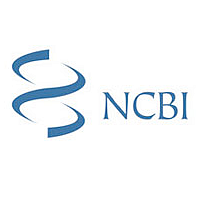
NCBI: Gene
Integrates information from a wide range of species. A record may include nomenclature, Reference Sequences (RefSeqs), maps, pathways, variations, phenotypes, and links to genome-, phenotype-, and locus-specific resources worldwide.
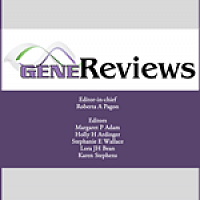
Gene Reviews
An international point-of-care resource for busy clinicians, provides clinically relevant and medically actionable information for inherited conditions in a standardized journal-style format, covering diagnosis, management, and genetic counseling for patients and their families.

DECIPHER
DECIPHER (DatabasE of genomiC varIation and Phenotype in Humans using Ensembl Resources) is an interactive web-based database which incorporates a suite of tools designed to aid the interpretation of genomic variants.
DECIPHER enhances clinical diagnosis by retrieving information from a variety of bioinformatics resources relevant to the variant found in the patient.
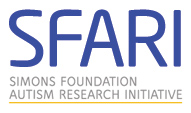
SFARI
SFARI Gene is an evolving online database designed to permit quick entrée into the genetics of autism, and to help researchers track the ever-expanding genetic risk factors that emerge in the literature.

ClinGen
ClinGen is a National Institutes of Health (NIH)-funded resource dedicated to building an authoritative central resource that defines the clinical relevance of genes and variants for use in precision medicine and research.
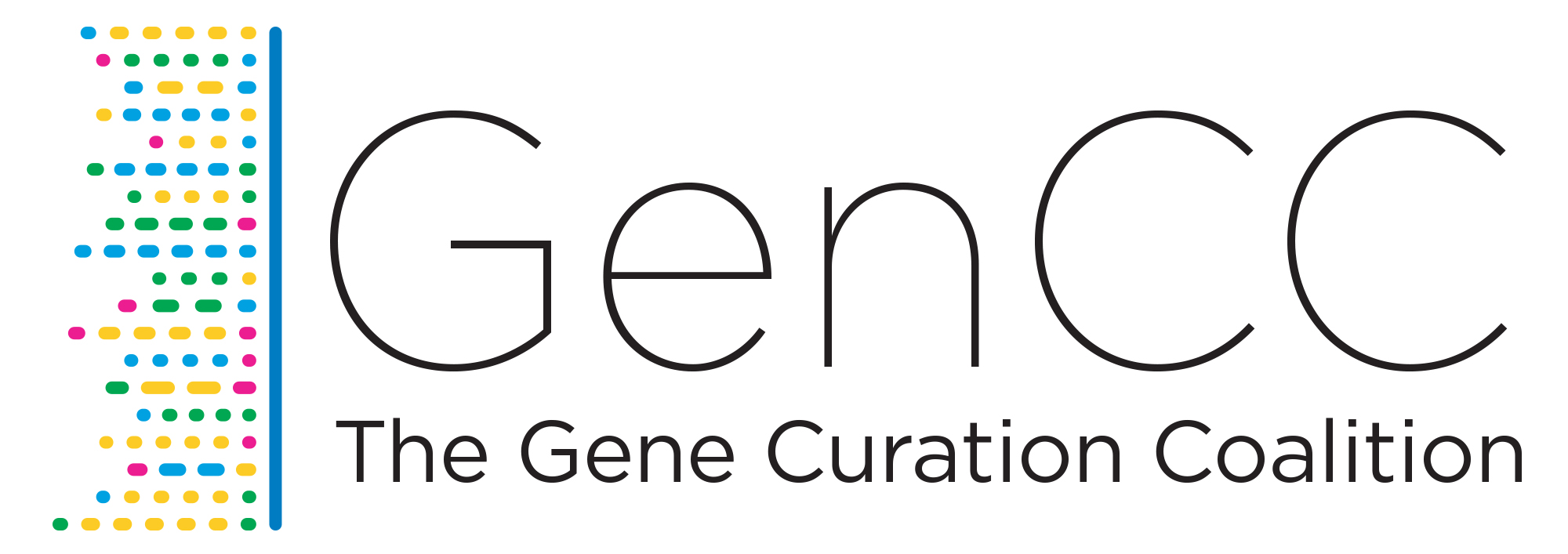
GenCC
The GenCC DB provides information pertaining to the validity of gene-disease relationships, with a current focus on Mendelian diseases.
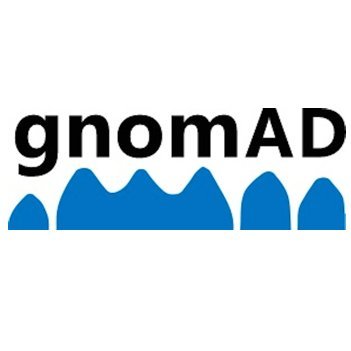
gnomAD
The Genome Aggregation Database (gnomAD) is a resource developed by an international coalition of investigators, with the goal of aggregating and harmonizing both exome and genome sequencing data from a wide variety of large-scale sequencing projects, and making summary data available for the wider scientific community.
